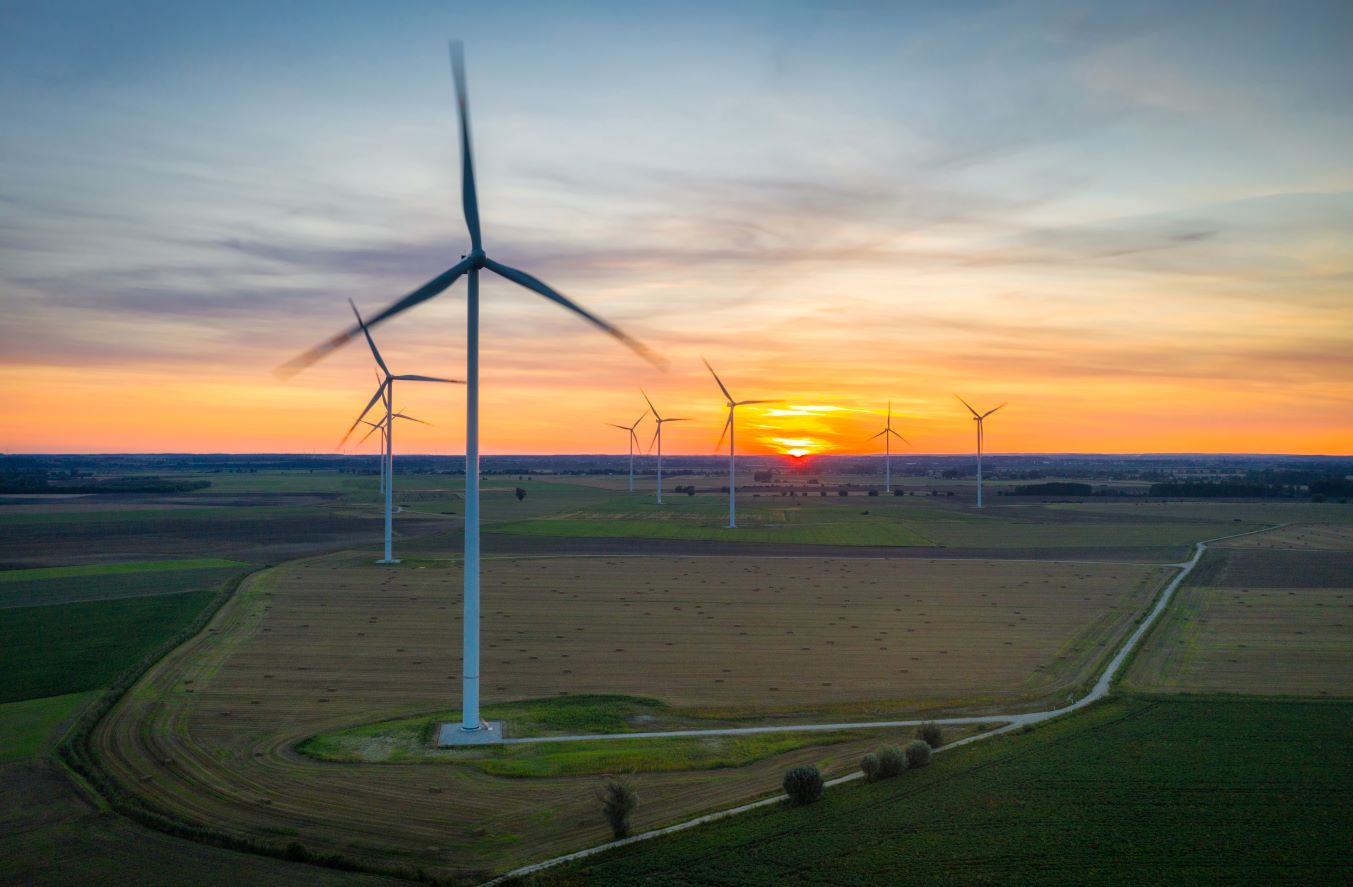On January 22 the Commission published Communicate with energy and climate objectives to be met by 2030. The proposal of the European Commission assumes 40% target for reducing greenhouse gas emissions below the 1990 level, binding at UE and Member States level, and at least 27% target for RES, binding only at EU level (not for Member States). It is pointed out that energy efficiency will play an important role, but no specific target has been set..
The rational course of action to improve the competitiveness of the European and Polish economy goes through the following strategic areas of activity in the energy sector:
– Improving the energy efficiency.
– Common use of renewable, local resources.
– Reducing greenhouse gas emissions other than energy efficiency or the use of RES.
Energy efficiency is an important part of building a competitive and less dependent on imported fuels EU economy. Technical potential for 2030 is significant and estimated at 44% level (compared to business as usual scenario[1]). Particularly important areas of action are buildings and new construction as well as transportation. Energy efficiency creates a significant amount of jobs and boost local economies across the EU. Additionally, reducing the energy demand, facilitates the penetration of renewable energy sources and thus further enhances the effect of emission reduction, what is not only necessary, but also cost-effective. Therefore, the lack of a clearly defined energy efficiency target should be considered as a failure to build a competitive and strong economy, using resource efficiency including energy.
The European Commision in their Impact assessment on energy and climate policy up to 2030 indicates that 3 binding targets, including at least 30-35% target for RES, would result in higher benefits relating to improvement of energy security, reduction of the negative trade balance for fossil fuels and environmental impacts and health. Also, in this scenario, average electricity price would be lower then in scenario based on one GSG target.
Wind energy is not only emission free, but also is capable for bringing tangible, measurable economic benefits, new work places, does’t burden the environment, enables fossil resources saving, extending the period of their exploitation. Development of wind energy positively affects the promotion of communities, especially poorly developed regions, contributes to innovativeness development. It is also capable to complement rapidly the occurring power shortages in Poland and facilitate gradual replacement of obsolete energy infrastructure.
Polish companies and NGOs calls on the European Commission to propose more ambitious than was presented and binding 2030 targets for: renewable energy sources, energy efficiency, reduction of greenhouse gas emission.
We believe that a stable continuation of EU energy policy will bring measurable benefits to the economy, consumers and the environment.

